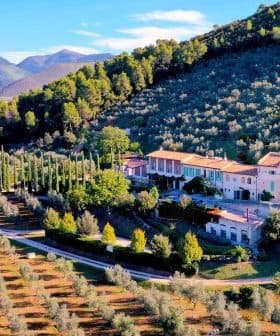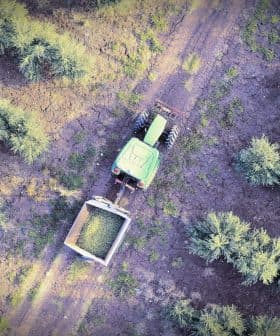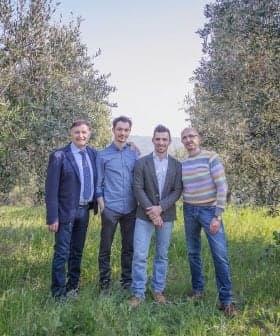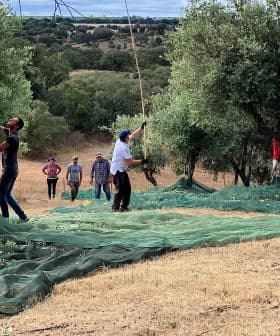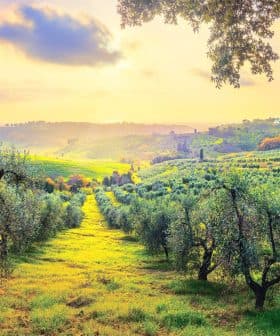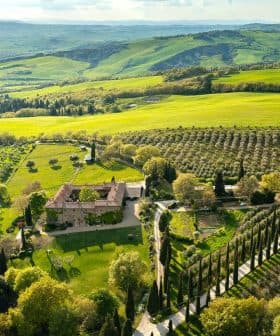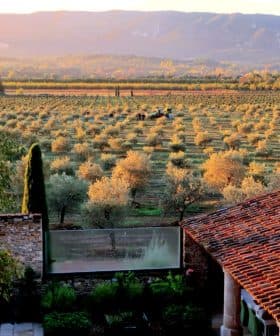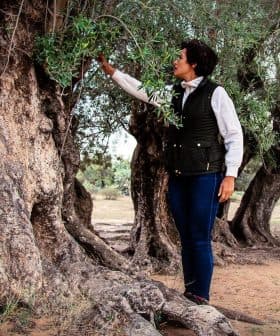Women Share Their Challenges in Producing and Selling Award-Winning Olive Oils
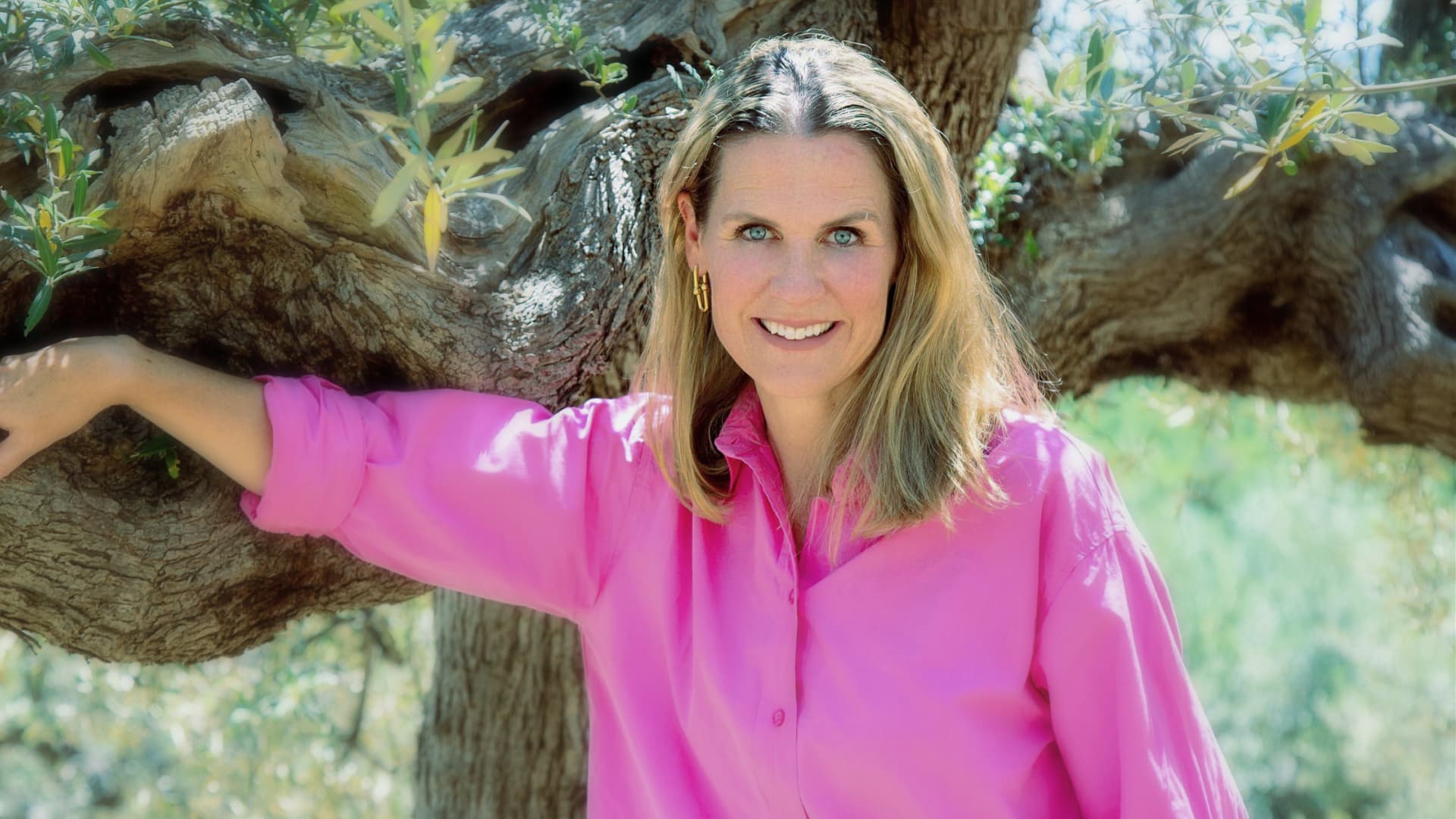
An increasing number of female olive oil producers are being recognized for their exceptional extra virgin olive oil, with nearly half of the judges at the 2024 NYIOOC World Olive Oil Competition being women. Women in Olive Oil founder Jill Myers notes that more women are winning awards and judging competitions in the olive oil industry, with organizations like Women in Olive Oil providing support and networking opportunities for women in the sector.
An increasing number of female olive oil producers are recognized for their exceptional extra virgin olive oil, with numerous women-owned brands awarded at the 2024 NYIOOC World Olive Oil Competition.
In the latest edition of the world’s largest olive oil quality contest, nearly half of the judges were women, with nine female judges out of a panel of 19.
I think farming is one of the last areas in our economy to overcome bias against women in the workforce, especially in management roles.
“Overall, women in the sector are becoming more active and gaining more support from governments and olive oil institutions, such as the International Olive Council,” said Jill Myers, the founder of Women in Olive Oil.
“As a result, more women are winning awards and judging competitions, especially in the more traditional countries like Italy and Latin America,” she added.
See Also:2024 NYIOOC CoverageOrganizations such as Women in Olive Oil have observed an increasing number of women coming together with a shared enthusiasm for olive oil. The organization works to help women network, collaborate, educate and support one another.
According to industry experts, including Myers, women have long been extensively engaged in olive farming and olive oil production.
“Presently, they serve as farmers, tasters, producers, chefs, researchers, educators and specialists in diverse areas directly or indirectly associated with the olive oil industry,” Myers said. “Their expertise and experience are instrumental in advancing this significant domain and exerting a substantial influence on present and forthcoming generations.”
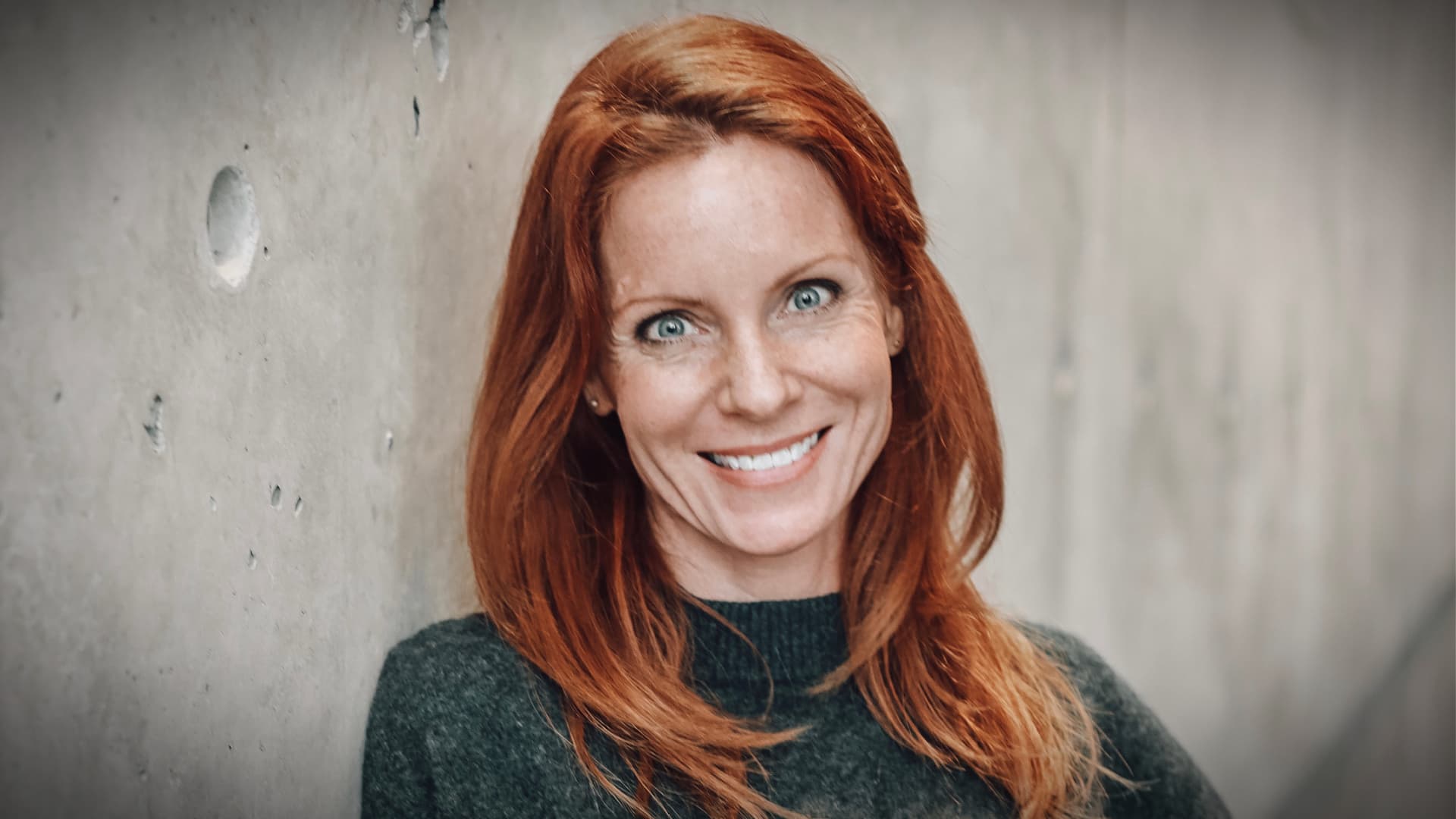
Jill Myers
Along with climate change and the macroeconomic challenges that all producers face, some award-winning women argued that cultural biases against female-owned companies are an extra hurdle to overcome.
“The challenges that women, and in our case, ‘foreign’ women as olive oil producers, face are that our awards are downplayed,” said Christiane Wassmann, the co-owner of Rastrello, which earned a Silver Award at the 2024 NYIOOC.
While climate change remains the most significant challenge for the Umbrian producer, Wassmann added that some women producers feel they are not taken seriously.
“Our biggest challenges this year were definitely due to the climate,” she said. “For about the second year running, we had a very wet spring that led straight into an extremely hot summer. Since we rely on natural irrigation, our olives didn’t develop as we would have hoped.”
On the other side of the olive oil world in California, Beth McCown, the owner of Central Coast Olive Company, agrees that attitudes toward gender lag behind in the agricultural sector compared to other parts of the economy and society.
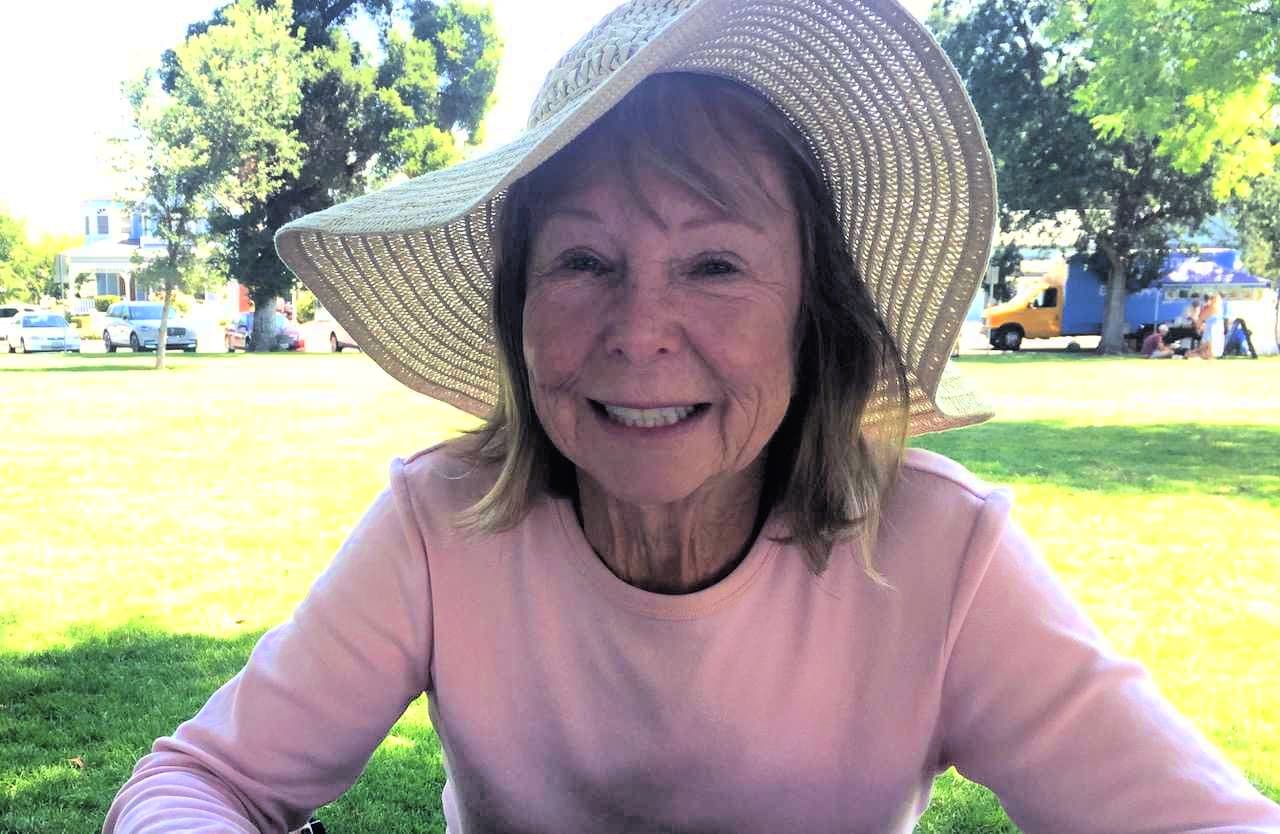
Beth McCown
“I think farming is one of the last areas in our economy to overcome bias against women in the workforce, especially in management roles,” she said. “I spent many years in the aerospace industry and was able to observe good progress in the corporate world.”
“It’s definitely not perfect, but much better than before,” McCown added. “Similar progress in farm management is very slow to happen. It is the current generation that is just now breaking the barriers.”
Central Coast Olive Company earned their fifth straight Gold Award at the 2024 NYIOOC. McCown said her success is built on meeting the challenges each year.
“Farming is not easy,” she said. “There are many variables, such as weather, soil conditions, pests and market preferences. It takes persistence and a love for what you are doing” to succeed.
“In the years I have produced extra virgin olive oil, I have established relationships with my fellow producers, miller and labor contractor. Those relationships are the cornerstone of my production,” McCown added.
While these strong relationships have helped McCown achieve consistent quality, she occasionally comes up against ingrained biases.
“We are fortunate to have a migrant labor force to help during harvest and pruning,” she said. “Most of those crews are managed by men from cultures that typically assume men are in charge. It presents challenges, and I usually need to ask my husband not to be present because his presence undermines my authority. I think it’s a shame.”
McCown believes more women will become olive oil producers despite these frustrating instances.
“I do believe that more women are becoming olive oil producers, and this trend will continue in the future,” she said. “It’s a wonderful occupation, and with each new woman producer entering the field, barriers are being broken.”
McCown, a Women in OIive Oil member, said she finds the group helpful in providing role models.
“When people think of a farmer, they generally assume the farmer is a man,” she said. “I have had many instances in social situations with my husband in which questions about growing olives and producing olive oil are directed to my husband.”
“It is very frustrating to have to overcome those assumptions and explain that I really am the farmer and producer,” McCown added. “Seeing other women doing what I am doing is great reinforcement to me.”
In Greece,Nicky Giavroglou, the chief executive of Hellenic Fine Oils, and Aimilia Rigakou, the company’s research and development manager, agree that women-led companies still have to contend with agriculture being seen as a masculine profession.

Nicky Giavroglou and Aimilia Rigakou
“However, in Greece, it is also part of our tradition for women to collect olives, to make table olives, and in general to be part of many stages of the olive and olive oil production process,” Giavroglou said.
“In the last few years, women have started to become more engaged in this sector, either as scientists or producers,” she added. “In my opinion, they can play a very beneficial role in the development of the olive oil sector, and they can claim as many awards as men.”
Hellenic Fine Oil earned a Gold Award for its Sparta Gourmet brand, a medium Koroneiki.
“This season has been particularly challenging compared to past years,” Giavroglou said. “On the one hand, we faced more difficulties compared to other years in finding quality extra virgin olive oils with special organoleptic characteristics to be bottled under our brand name, Sparta Gold, which is exported to many countries.”
“This is partly due to climate change, which affects olive cultivation,” she added. “Olive producers and millers are not yet sufficiently trained to face such extreme conditions, and this may also be a factor that affects the final quality of the raw material.”
“On the other hand, we also had to deal with this year’s severely reduced production and the fact that a large quantity of Greek extra virgin olive oil is still exported in bulk,” Giavroglou continued.
Rigakou attributed the company’s success to her partnership with Giavroglou. Regardless of gender, she empathized with the need for a team of people who are passionate about what they are doing, detail-oriented, organized and ready to make personal sacrifices for a common goal.
“To all the above, I attribute the excellent cooperation that led us, on the one hand, to the production of special extra virgin olive oils and, of course, to win the Gold Award from the NYIOOC competition,” she concluded.


